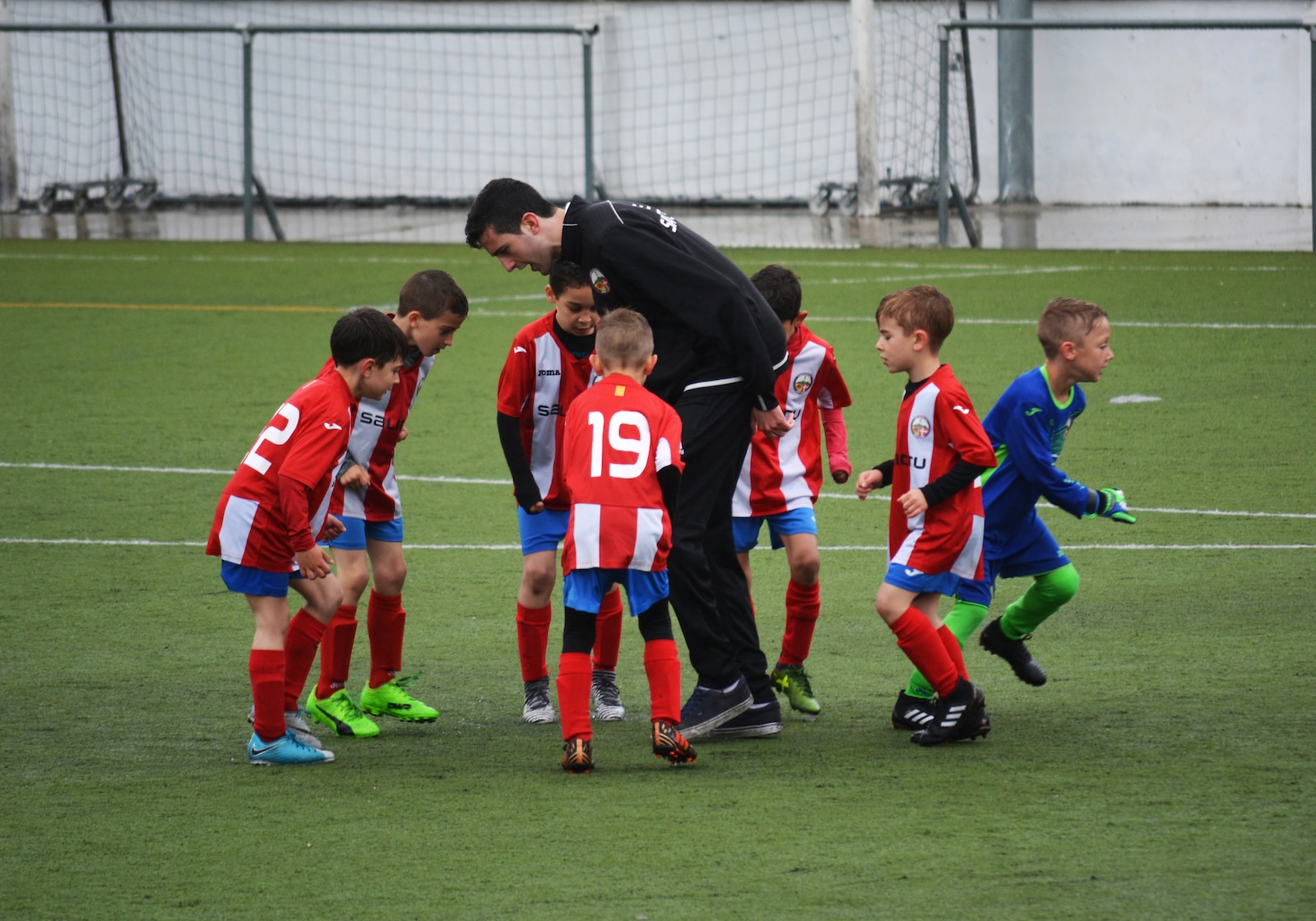Introduction
Navigating the world of youth soccer can be a daunting experience for parents in the US, particularly when their child exhibits significant talent in the sport. The path to developing a professional soccer career is laden with opportunities and challenges. This blog post aims to demystify the process of soccer talent management in the US, highlighting the challenges parents often face, and providing strategies to handle these obstacles.
1. Recognizing Talent
One of the first challenges for parents is identifying and nurturing soccer talent in their child. Although a keen interest in the sport and a natural ability to handle the ball are good indicators, it’s crucial to foster an environment that encourages growth and development without applying undue pressure.
To do this, parents can:
- Provide the necessary resources, like quality training equipment, and access to coaching and skill development programs.
- Promote a balance between soccer and other life commitments, like schoolwork and social activities.
- Foster a positive attitude towards practice and improvement, rather than focusing solely on competition and winning.
2. Youth Soccer System in the US
In the US, the youth soccer system can be complex. Parents must understand how to navigate through various leagues, divisions, and tournaments, each with their own set of rules and regulations. The structure of youth soccer in the US is a multilevel system, incorporating recreational leagues, competitive travel teams, high school soccer, and elite academy programs.
Researching these different opportunities, understanding what they offer, and deciding which is the best fit for your child can be a challenging process. It’s important to remember that the ultimate goal is to find an environment that supports your child’s love for the sport and their skill development.
3. Financing Soccer Training and Development
A major hurdle in managing soccer talent in the US is the cost associated with advanced training, traveling teams, and tournaments. Soccer development in the US has historically been a pay-to-play system, often excluding talented players who lack financial resources.
To overcome this, parents can explore various options such as soccer scholarships, grants, and sponsorships. In recent years, many organizations have been created to support families who need financial aid to pursue their soccer dreams.
4. Managing Expectations
As a parent, managing expectations — both yours and your child’s — can be a significant challenge. The journey from a youth player to a professional athlete is not a straight path; it involves victories, setbacks, hard work, and resilience.
It’s essential to instill a growth mindset in your child. Success should be defined not only by wins and losses but by their development as a player and as a person. Let them know that setbacks and failures are not the end of the world, but rather opportunities to learn and grow.
5. Preparing for the Future
Finally, even with undeniable talent and dedication, a professional soccer career is not guaranteed. Education should not be sacrificed at the altar of soccer. Encourage your child to pursue their academic studies, providing them with a safety net and additional opportunities beyond the soccer field.
Conclusion
Navigating the path to a professional soccer career in the US is no easy feat for parents. Recognizing talent, understanding the soccer system, financing development, managing expectations, and preparing for the future are all key challenges. Yet, with the right resources, a balanced approach, and unwavering support, you can help your child pursue their passion for soccer while also setting them up for success in life. Your journey together in this exciting world of soccer could prove to be the most rewarding adventure yet!







